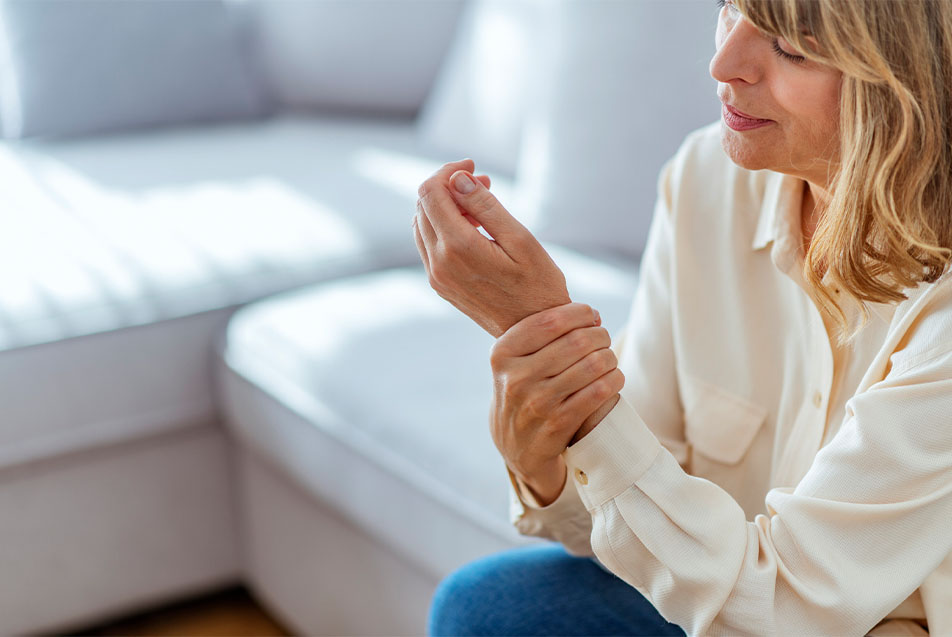Osteoporosis is a condition where bones become weak and brittle, increasing the risk of fractures. While it’s commonly associated with aging, it can actually affect individuals at any age — often without any noticeable symptoms. Many women only discover they have osteoporosis after experiencing a fracture. Among the estimated 10 million people in India with this condition, women account for nearly 80%.
Understanding the Role of Hormones
During menopause, the body undergoes several changes, particularly a drop in estrogen levels. Estrogen is important for maintaining bone strength. As its levels decrease, bone density can decline, making bones more prone to breaking. This hormonal shift, combined with factors such as poor diet, lack of exercise, smoking, and excessive alcohol intake, significantly increases the risk of osteoporosis.
Interestingly, bone density loss is not limited to older women. Some women may begin experiencing early signs of osteoporosis in their 30s, even before menopause, especially if other risk factors are present. That’s why maintaining bone health should be a priority throughout a woman’s life.
Preventing Bone Loss Through Lifestyle
Although certain risk factors like age and genetics cannot be changed, there are many habits that can support bone health and reduce the risk of osteoporosis. These include:
- Eating a Nutrient-Rich Diet
Include foods high in calcium and vitamin D. Dairy products, green leafy vegetables, fortified cereals, and fish such as salmon and sardines are excellent choices. Vitamin D helps the body absorb calcium more effectively, and spending time in sunlight also boosts vitamin D levels naturally. - Staying Active
Regular physical activity is essential for maintaining bone strength. Weight-bearing exercises like walking, jogging, dancing, and aerobic workouts are especially effective. Strength training using resistance bands or light weights can also help build bone and muscle mass. - Avoiding Harmful Habits
Smoking and heavy alcohol consumption can weaken bones over time. Reducing or eliminating these habits can make a significant difference in bone health. - Maintaining a Healthy Weight
Being either underweight or overweight can negatively affect bone density. Aim for a balanced weight to support strong bones. - Medication When Needed
For individuals at higher risk, medications may be prescribed to help prevent bone loss and reduce the risk of fractures. These should always be taken under medical supervision.
Importance of Vitamin D in Midlife
Vitamin D plays a key role in supporting both mood and bone health, particularly during the transition into menopause. Supplementation may be recommended if natural sources are insufficient, especially for women who spend limited time in the sun.
Early Detection Matters
Bone density tests are typically recommended for postmenopausal women, but younger women who experience unexplained fractures or have certain risk factors may also benefit from screening. Early detection allows for timely lifestyle adjustments and medical care, reducing the risk of long-term complications.
Conclusion
Always consult with your doctor or a healthcare professional before making significant dietary changes for Athletic Performance. They can provide personalized guidance based on your medical history and current health status.
Note – If you have any health-related concerns, please call us at +91-9058577992 to receive free consultation from our experienced doctors. Thank you.
